Core Values (Character) & Virtues–are they the same thing? Yes, in that they are woven into the same “fabric of character.”
As I recently took a course at the Anne Arundel Community College’s TEACH Institute and Parenting Center–Introduction to the Virtues Project–now, with a better understanding of what the Virtues Project is, and how it aligns with The JNP Project, I am beginning to reference all this as a term I like to call the “fabric of character.” Core values are which The JNP Project’s adventure book series, Jane & Jake’s Adventures to Awesome (and all supporting empowerment tools) focuses on: Truth, Kindness, Harmony, Forgiveness, Giving, Love, Determination, Compassion, Strength, and Character, and The Virtues Project complements all this SEL (Social Emotional Learning) beautifully.
The JNP Project focuses on core values, which together, make up our individual character. Our “Me!” In the White Paper, Virtue Ethics without Character Traits, by Gilbert Harman, Princeton University, 8/18/99, he states, “In one version of virtue ethics, moral virtues are robust character traits possessed by ideally morally virtuous people. The character traits in question are acquired robust habits of perception, motivation and action: habits of perceiving situations in certain ways, habits of being motivated to act in certain ways, and habits of actually acting in those ways. In this view, to specify a moral virtue is to specify the relevant perceptual, motivational, and behavioral habits.” Summing up to character.
In the Character Traits Chart, by Character-in-Action® (image below) notes that “virtue” is one of their listed character traits. Character-in-Action defines the virtue trait as: Virtue = begins by comprehending that there is a clear, absolute standard of right and wrong, and then acts to bring every area of life into conformity to that absolute standard. And, The Virtues Project’s mission is “recognizing the gifts within.”
In conclusion, I wanted to state that our character, the essence of who we believe we are, in which we draw our strengths and values from (our own inner-awesome super-powers), is in essence our fabric of character–made up of core values and virtues. That is why it is so important to me to take note of our virtues and be advised by our virtues facilitators as we continue to create content for JNP.

NOTE: This series is written as a GUEST BLOG by our own JNP Advisory Committee Member, Ms. Biteena Frazier — now, our JNP Ambassador to the Middle East. She is a Master Solution-Focused Practitioner, PCI Certified Parent Coach and Virtues Project Facilitator. She has left the USA to pursue an interesting opportunity to help develop a behavior management and character development program for a new international school in the Middle East.
EMPOWERING CHILDREN TO LIVE FULLY & MEANINGFULLY
All parents want their child to be happy. Often, as parents, we try to create happiness for our child by controlling their environment. By making sure that everything is just right, we hope our children will feel good about themselves and the world and they inhabit. The problem with this approach is that it places the requirement for happiness outside of the child. It says that happiness depends on circumstances and teaches children that pursuit of happiness lies in the external world. This lesson is not only fundamentally flawed, it is dis-empowering. It is wonderful when we can create safety and opportunity for our children but, ultimately, it is a child’s inner resources that determine the quality of his or her life journey. A child who lives in abundance but possesses little gratitude will likely feel dissatisfied. A child who has ample opportunity but shows little initiative or determination will likely have difficulty finding fulfillment. Meaning and purpose are never found in the “stuff” of life but in the experience and expression of it.
As a parent coach and school counselor, my mission is to empower parents and teachers to bring out the gifts of character in their children and students. I provide training in The Five Strategies® of The Virtues Project® and help teachers and parents address their concerns by focusing on the inner qualities of their child. It is important to recognize that there is no such thing as a perfect human being (teacher, parent, child) and that we are all works in progress, doing the best we can based on what we know. All adults and all children have areas of strength and areas of growth. Parents and teachers who have a growth mindset and develop this in their child or student, give them the best chance of experiencing true happiness and life satisfaction. Children with a growth mindset understand that it is never about what happens but about how you respond to what happens that makes the difference. Children with a growth mindset who are aware of their inner resources (their virtues) have powerful tools to face adversity. These children are not knocked out by life. They use their experiences to develop and refine their character and to keep growing for the better.
What I find especially beautiful about The Virtues Project® is that it speaks to people of all faiths, cultures and backgrounds. Based on a comparative study of the world’s sacred texts, the virtues are a universal language that all human beings can appreciate and strive to live by. The virtues are the greatest unifying force on the planet. We may have different values and norms but we all share the same virtues. Important is to recognize that all human beings are born with all virtues in potential. Children who understand this are more likely to grow up being forces of unity rather than division, practicing tolerance rather than prejudice. If we are to survive as a species and keep our planet alive, we must ultimately embrace and live by our virtues. Growing the gifts of character in our children is not just about ensuring their happiness, it is about creating a better world and taking care of Mother Earth.
For details of The Virtues Project go to their website at www.virtuesproject.com.
Below is the basic list of 100 virtues:

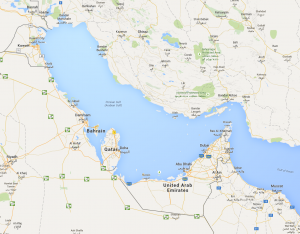 * Ms. * Ms. Biteena Frazier, is a School Counselor, and will be training staff in The Five Strategies® of The Virtues Project® at a school in the middle-east, with children from over 40 countries around the globe! She will be involved with The JNP Project as our Ambassador to the Middle-East, and will be Skyping with me regularly. As Biteena grows into her role, I will share more with you on the positive learning and experiences she is having overseas.
* Ms. * Ms. Biteena Frazier, is a School Counselor, and will be training staff in The Five Strategies® of The Virtues Project® at a school in the middle-east, with children from over 40 countries around the globe! She will be involved with The JNP Project as our Ambassador to the Middle-East, and will be Skyping with me regularly. As Biteena grows into her role, I will share more with you on the positive learning and experiences she is having overseas.
Join Jane, Jake and all their friends on the adventures to discover your inner awesome, together!
~ ~ ~
Note: This Blog is a chronological diary of a start-up-company—The JNP Project’s Journey—reading it from the start, will broaden your understanding of the path we are on, together, and hopefully, positively influence you in some way!
FYI Tip: To get the full understanding of Core Values & Virtues, and the Language of Virtues, read all of the 8 blogs in this Founder’s Blog series.
An interesting article on the 66 character traits (listed below):
http://character-in-action.com/list-of-character-traits/

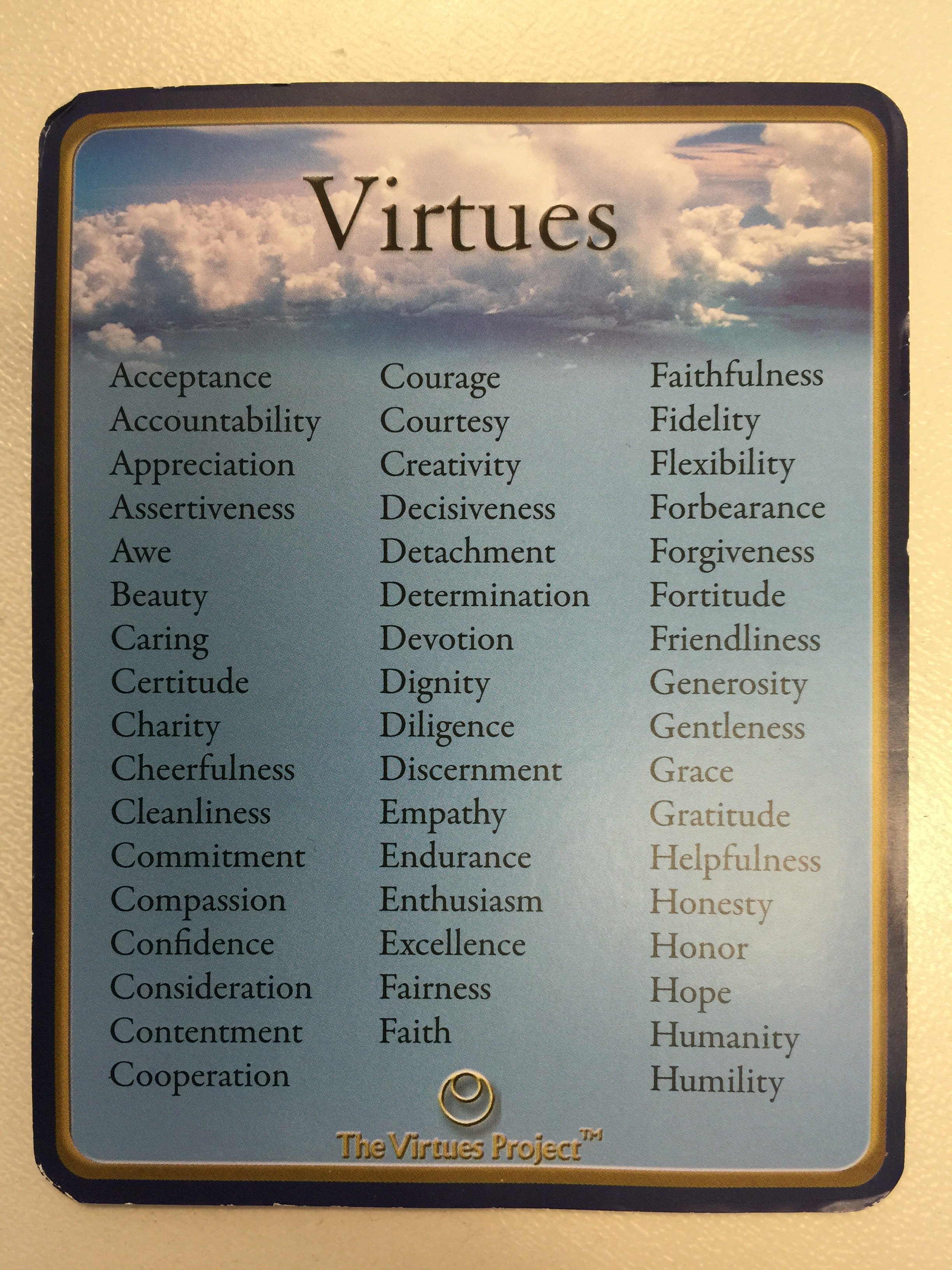
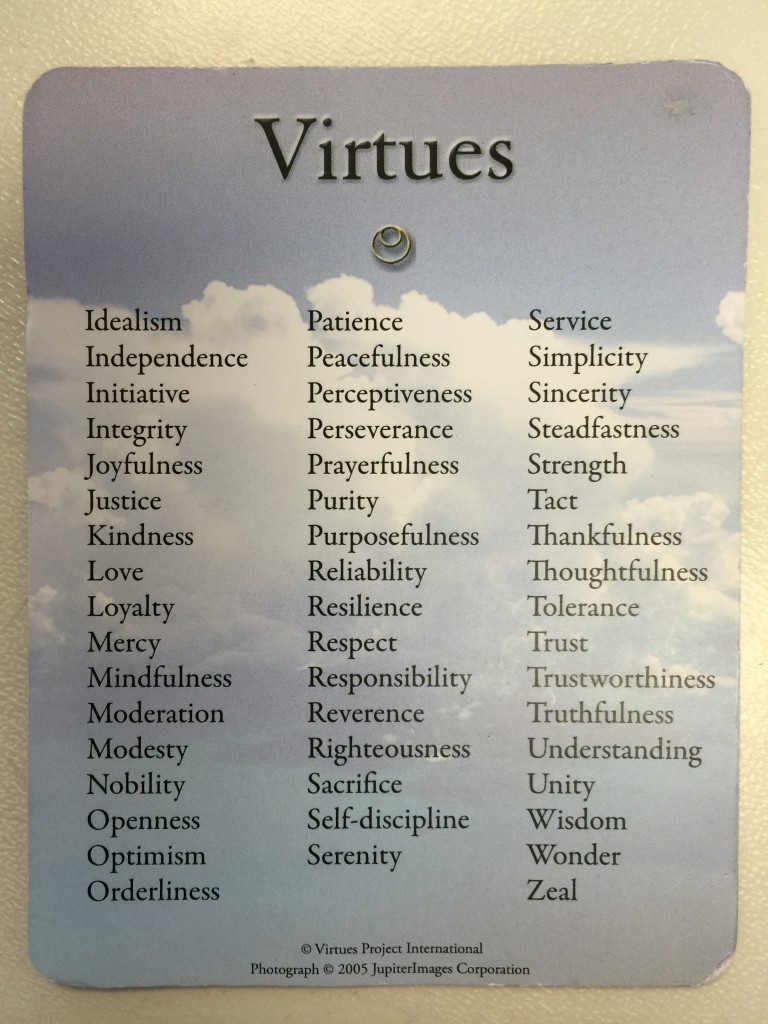
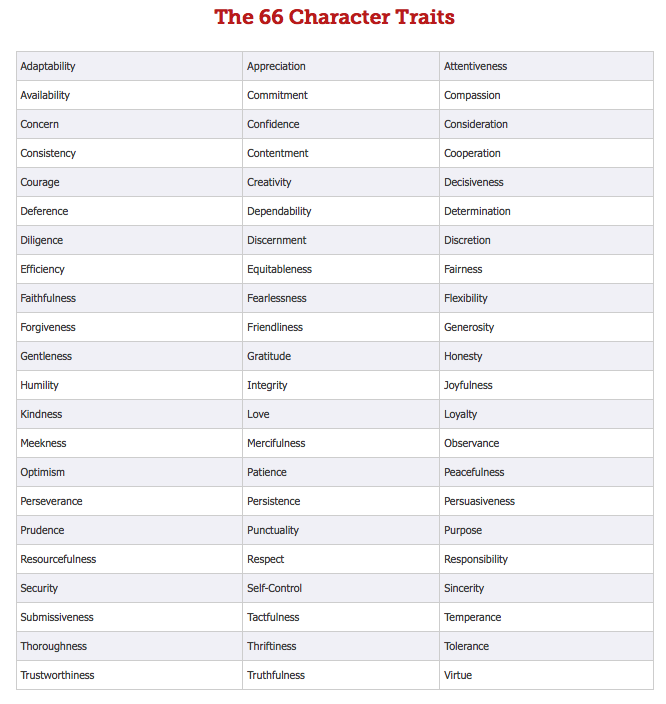
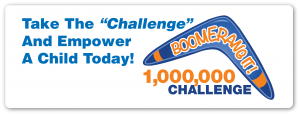
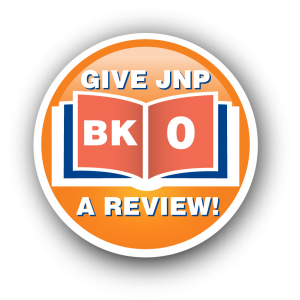


No comments yet.